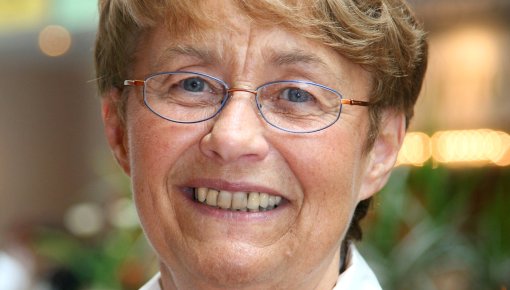The "all-clear" can only be given after several years
Full recovery can never be guaranteed. It is always hoped for and desired, and in many cases it is possible from a statistical point of view. But the risk of the cancer returning or starting to progress again always remains. Especially when celebrities are concerned, headlines like “Victory over cancer” often appear after local primary therapy (surgery and radiation) is completed. They give the wrong impression at this time. Particularly in the first two years, the risk of recurrence is high.
The careless way the media use the term “cured” can lead to a false and dangerous sense of security. Acute therapy is often followed by chemotherapy and long-term therapies, which often take five to ten years. You can't really be given the "all-clear" before that. Talking about “victory over cancer” in view of this situation isn't in line with reality.
Headlines like “Battle against cancer lost” can be just as offensive. This wording makes some people feel bad or guilty. Many face feelings of guilt when they get cancer anyway. Most people with cancer believe they are partly to blame for getting the disease. But there is no reason to feel this way. Whether someone gets cancer or not is mainly a matter of luck.
Headlines about a lost battle suggest that it is up to me whether I stay healthy or get ill again, whether I win or lose. Particularly if the disease progresses, they trigger thoughts like “Have I not fought hard enough, have I made the wrong decisions, have I fought the wrong battle? Have I lost and is that my fault?” These thoughts are an additional burden, put people under pressure, and waste a lot of energy that could be put to better use.
The image of a battle can also stop men and women with cancer from thinking about what is really happening to them. You may reach a point where it becomes more about accepting the fact that nobody lives forever. People who think that they have to keep on fighting can't let natural processes take their course, can't trust the people accompanying them or the palliative interventions. People who think they must fight also start futile battles and end up paying a high price for it.

